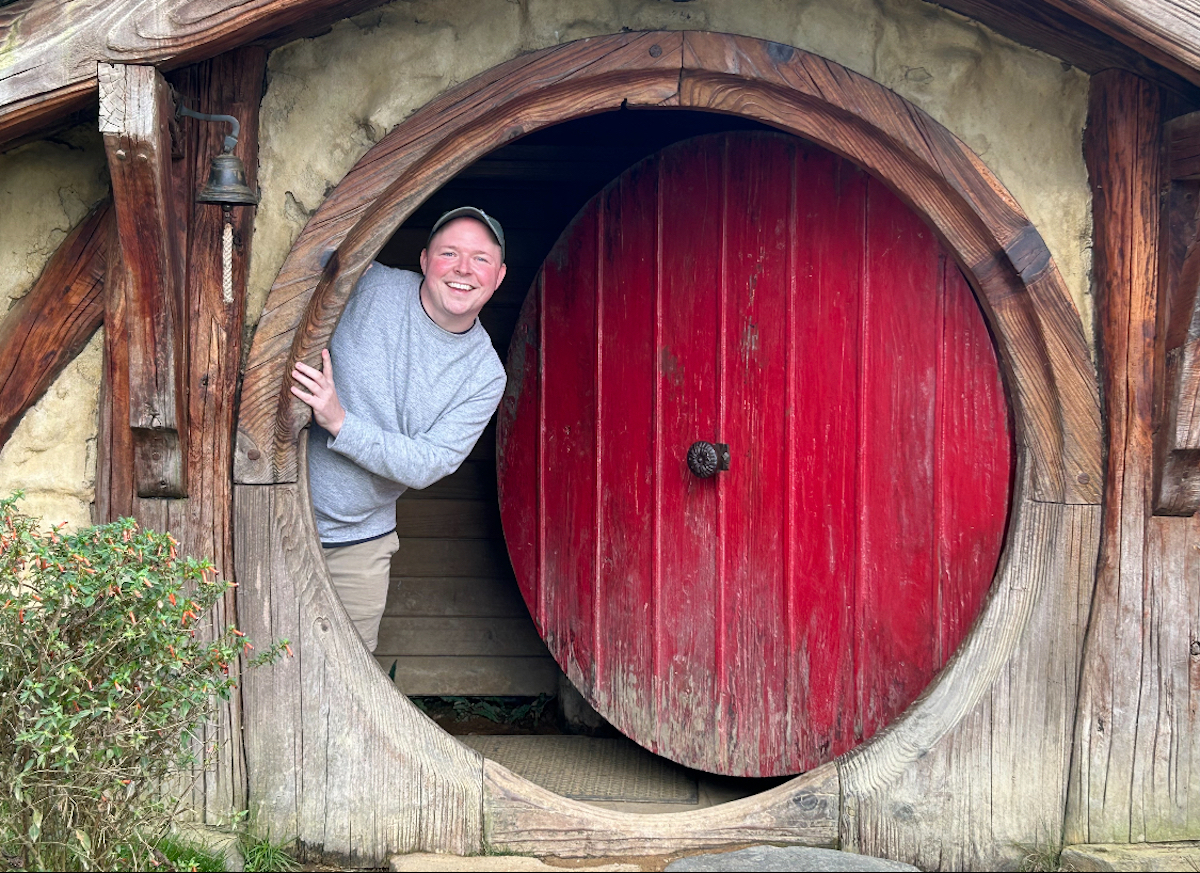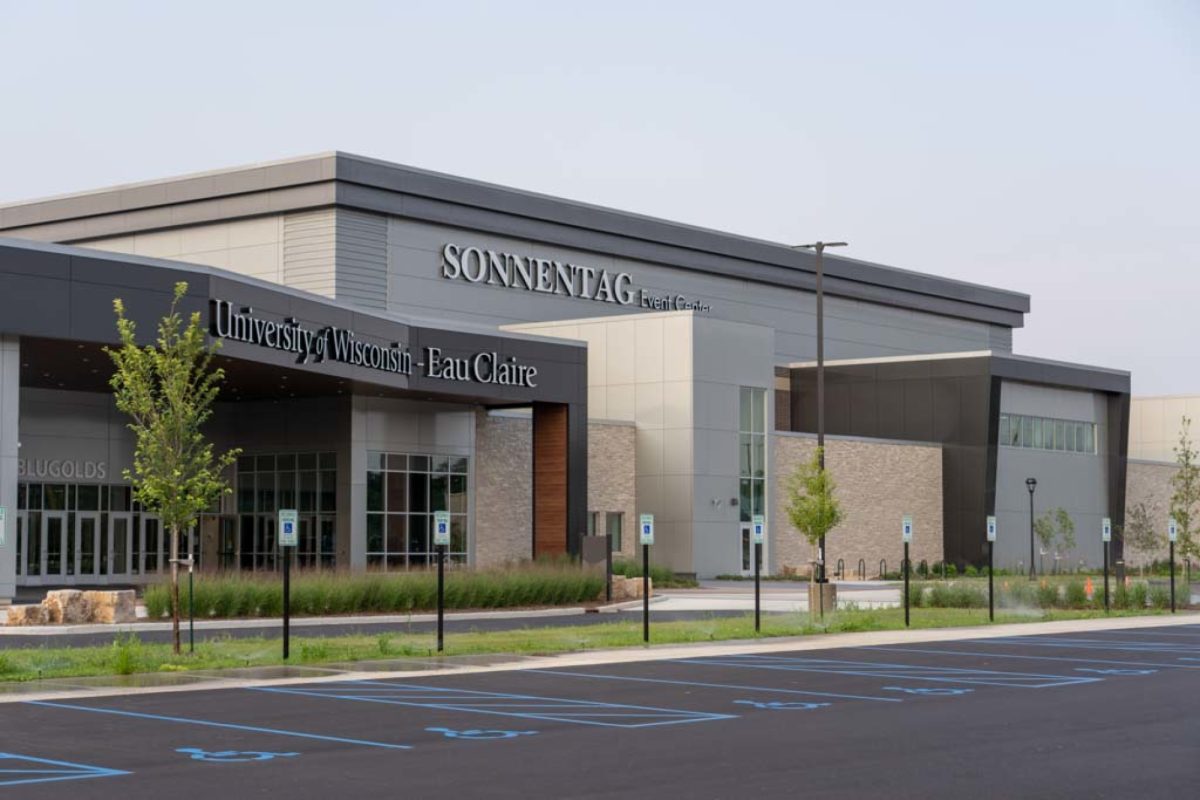A UW-Eau Claire program meant to generate more interest in mathematics among Hmong high school students received a $4,057 grant from the Mathematics Association of America.
The Opportunities for Outstanding Mathematics Performance for Hmong Students has received the Tensor-SUMMA: Strengthening Underrepresented Minority Mathematics Achievement grant for three consecutive years.
Manda Riehl, Eau Claire assistant professor of mathematics and director of the OOMPH program, said the program is designed to get Hmong high school students more interested in mathematics with the hope that they will take more mathematics courses when they get to college.
“The majority of mathematicians are white men, and women are getting more and more … positions of influence in mathematics,” Riehl said. “But we’re still really not there yet in terms of attracting underrepresented minorities to mathematics and making sure that we can create a system that makes sure underrepresented minorities achieve in mathematics.”
She said the OOMPH program tries to get students more interested in math by making fun games out of math concepts.
“We’re asking them to show up and do mathematics outside of school, so we have to make sure it’s something they’re going to want to do,” Riehl said.
As far as the fun elements go, Riehl said the group looked at the concept of probability by playing poker with M&Ms and recently, the group took a site visit to 3M in Minneapolis, Minn., to show students what they could do with a math or a science degree.
Eight UW-Eau Claire students, most of them mathematics majors and minors, served as mentors for the high school students, and met for a session every other week from September to February.
Julia Baranek, a mathematics education major, served as one of the group’s student mentors who also helped design this year’s curriculum. She said she got involved after Riehl emailed her.
“It was perfect for me experience-wise because and great to have before I became a student teacher and had to deal with having my own classroom,” Baranek said.
She said the reaction from students in the program this year was positive.
“Each session, we had more and more students,” Baranek said. “They’d leave the classroom and tell their friends about how much fun they were having. And this program is important that way, too; to get them to see math as fun.”
Bret Meier, a senior mathematics and physics major, was involved as one of the mentors this year.
He said he decided to get involved after receiving an email about the program. He said it seemed like a good opportunity, especially since it took care of his service learning requirements.
“Part of it is I get my service learning out of it,” Meier admitted. “But I’ve always enjoyed helping people. I do other math tutoring for Math 111 and 109 on campus. I like it when you see someone with the lightbulb going on like ‘Oh! Now I understand what I’m doing.’”
He said he thinks the program’s goal to to get the high school students to better understand concepts they might miss in class is working.
“I definitely think their mathematic abilities have improved through the year,” Meier said. “At first, they were really tentative. I don’t know if it’s so much that they just opened up but they definitely seemed more confident in what they were doing by the end of the program.”
Meier said it’s important to focus on the Hmong population of Eau Claire because Hmong students face different struggles than other minorities because a lot of their parents were immigrants.
“A lot of them that came from the refugee camps, or even when they were in the mountains, they don’t know a lot of math,” he said. “So almost none of the students can get help from their parents, mathematically wise. So I think it’s really useful to help them out and give them the extra opportunities, because they don’t have the resources that other students in high school would have.”







